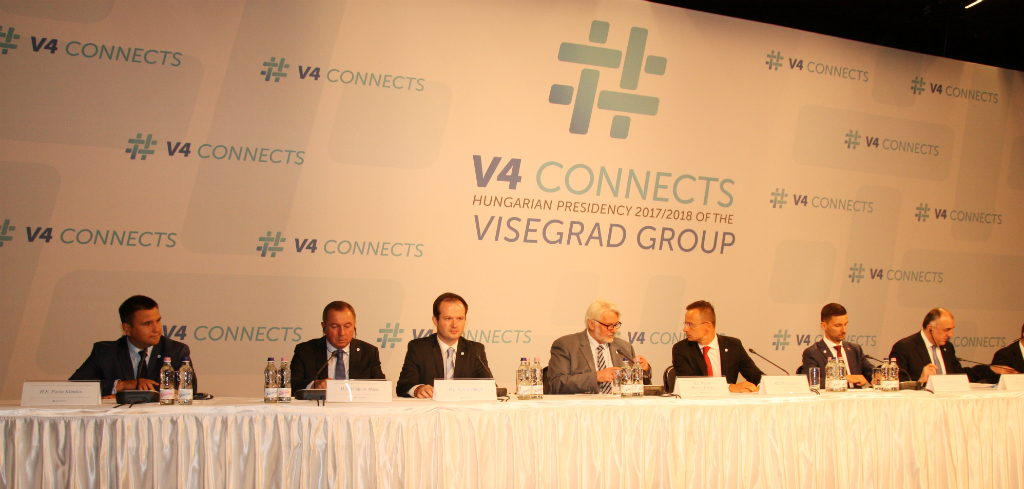Minsk avoids irritating Kremlin with contacts with Western capitals as West-2017 drill approaches
 The situation has not changed
The situation has not changed

As the West-2017 Russo-Belarusian military drill approaches, Minsk has somewhat lowered public contacts with Western capitals in order to avoid possible criticism from both, Western observers and pro-Kremlin publicists. In addition, the Belarusian authorities are likely to dodge Brussels’s pressure on changes to the electoral code before the autumn-winter election campaign. Nevertheless, Minsk appears willing to cooperate with the EU on non-political issues, such as liberalising the visa regime and implementing joint projects within the Eastern Partnership framework.
Foreign Ministers of the Visegrad Group (Poland, Czech Republic, Hungary, Slovakia) have expressed hope for the resumption and conclusion of negotiations on simplifying the visa regime between Belarus and the European Union.
The Belarusian Foreign Ministry continues to promote greater openness of Belarus to foreigners. The authorities plan to further liberalise the visa regime, increase the visa-free stay from five to ten days and temporary residence permits from one to two years for investors. In addition, the visa-free zone could be expanded to the Brest railway station and the Grodno airport. Local authorities are likely to be interested in the tourist flow amid visa-free travel from neighbouring Poland, Lithuania and Latvia. The power block is becoming more loyal to the visa liberalisation thanks to the positive experience after the visa-free entry was introduced in February 2017.
Nevertheless, the authorities are rather cautious about facilitating travel to the EU for Belarusian citizens. They are not rushing to accelerate negotiations on visa liberalisation. Minsk is attempting to de-politicise the EU requirements in order to avoid the return of democracy and human rights issues on the agenda. In addition, there is no serious pressure from the population on the Belarusian authorities regarding visa liberalisation. Belarusians are the leaders in obtaining Schengen visas.
Minsk is attempting to downplay criticism from the Kremlin regarding contacts with Western countries, including the participation in the Eastern Partnership and the expansion of the Belarusian-European agenda with issues of synchronisation of European and Eurasian integration. That said, should the Kremlin’s relations with Western capitals deteriorate, Minsk could aspire to become a mediator.
Minsk is likely to resume active contacts with Western capitals after the West-2017 Belarusian-Russian military drill.
Subscribe to our newsletter




Situation in Belarus
Constitutional referendum: main consequences


 Video
Video
How to count the political prisoners: are the new criteria needed?


 Video
Video
Paternalism In Decline, Belarusian Euroscepticism, And The Influence Of Russia


 Video
Video












